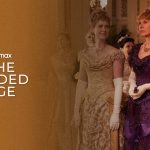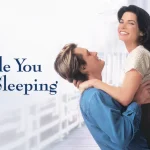The Hours (2002)
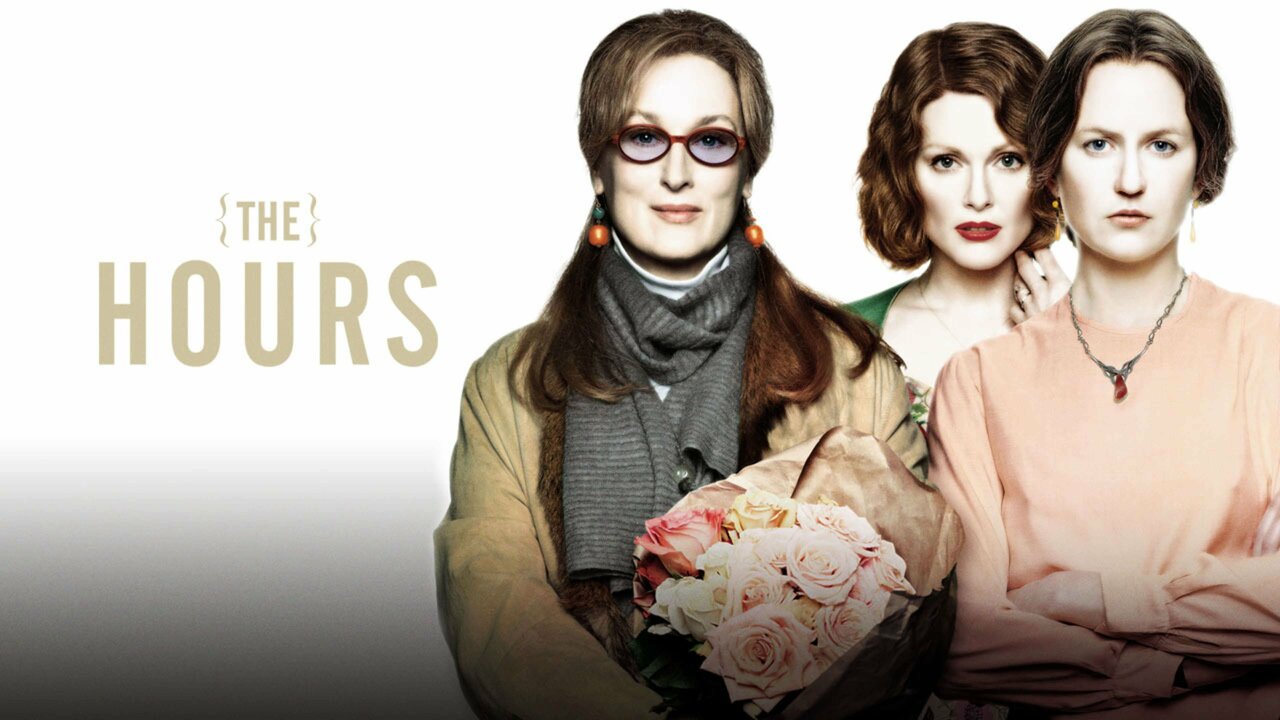
The Hours (2002), directed by Stephen Daldry, is a deeply emotional and thought-provoking psychological drama based on Michael Cunningham’s 1999 novel. The film, with a screenplay by David Hare, intricately weaves together the stories of three women, set across different time periods, who are all connected by Virginia Woolf’s novel Mrs. Dalloway. The film explores themes of mental health, identity, and the struggles of women trying to reconcile their desires with the expectations placed upon them by society.
The film follows three main characters whose lives are intertwined by Woolf’s work. The first is Virginia Woolf herself, played by Nicole Kidman, who is struggling with mental illness as she writes Mrs. Dalloway. The second is Laura Brown (Julianne Moore), a 1950s housewife in Los Angeles who is reading Mrs. Dalloway while grappling with her own dissatisfaction in life. The third character is Clarissa Vaughan (Meryl Streep), a modern-day New York woman who is planning a party while reflecting on her past and the relationships she’s had. The three women’s lives, though separated by time and space, all reflect the themes of Woolf’s novel in profound and sometimes heartbreaking ways.
A key element of The Hours is its non-linear narrative, which shows how the lives of these women overlap and influence each other. The film jumps between different periods, exploring the connection between their experiences, even though the women never meet. Through this structure, the film emphasizes how literature can transcend time and space, offering solace, understanding, and insight to people across generations. The novel Mrs. Dalloway becomes a bridge that links these women and provides a framework for their inner struggles and desires.
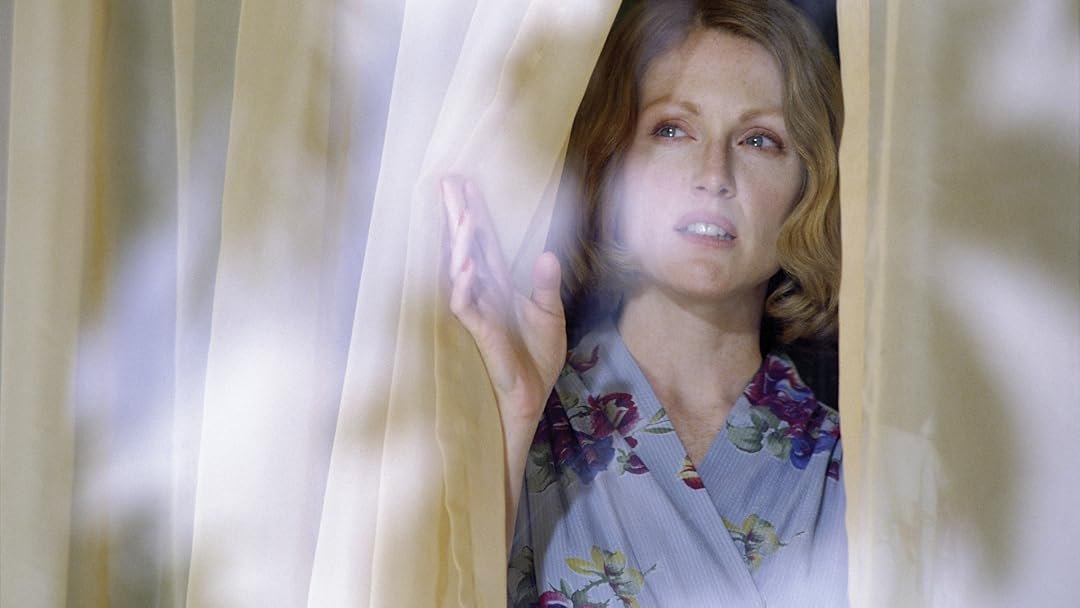
The performances in The Hours are nothing short of remarkable, with each actress bringing emotional depth to her character. Nicole Kidman’s portrayal of Virginia Woolf earned her an Academy Award for Best Actress, as she masterfully captures Woolf’s inner turmoil and fragile mental state. Meryl Streep’s performance as Clarissa Vaughan is equally compelling, as she brings complexity to a woman struggling with the choices she’s made in life. Julianne Moore’s portrayal of Laura Brown highlights a woman’s yearning for freedom and identity, making her character’s journey one of the most emotionally resonant in the film.
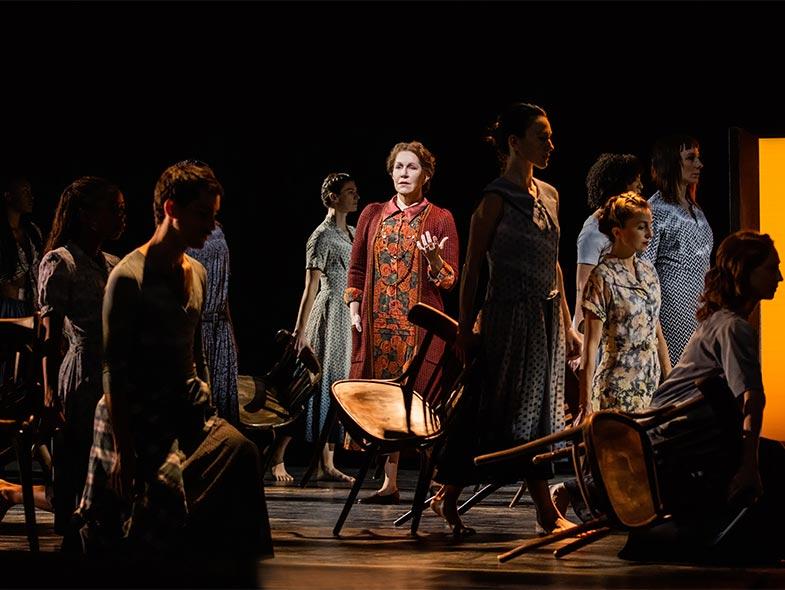
The cinematography of The Hours also contributes to the film’s haunting beauty and emotional impact. The film uses a muted color palette and carefully composed shots to reflect the internal states of its characters. The cold, sterile environments of some of the scenes contrast sharply with the warmth of others, symbolizing the emotional distance and isolation felt by the characters. This visual storytelling complements the themes of the film, making it not just a narrative experience but a sensory one as well.
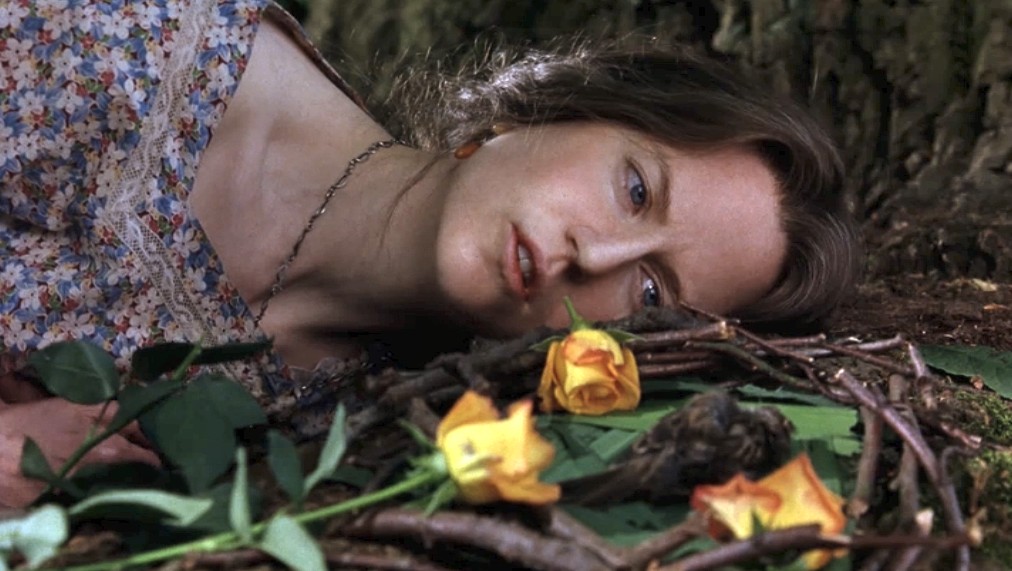
In conclusion, The Hours is a profound meditation on the lives of women navigating the complexities of identity, love, and mental illness. Its exploration of Virginia Woolf’s Mrs. Dalloway through the lives of three very different women is both intimate and universal. With stellar performances, exceptional direction, and a poignant script, The Hours stands as a powerful film that delves deep into the human condition. It is a film that resonates with audiences, exploring themes of solitude, self-acceptance, and the choices we make as we strive to live meaningful lives.

